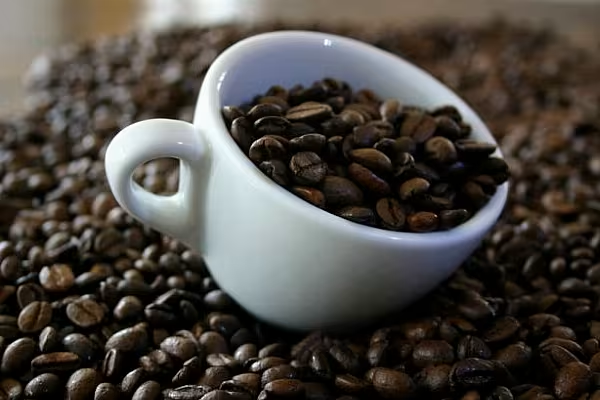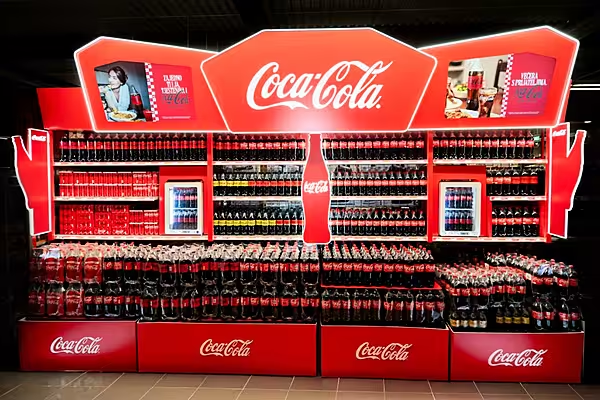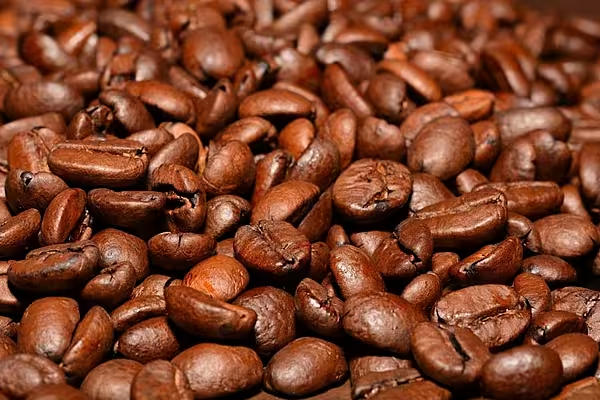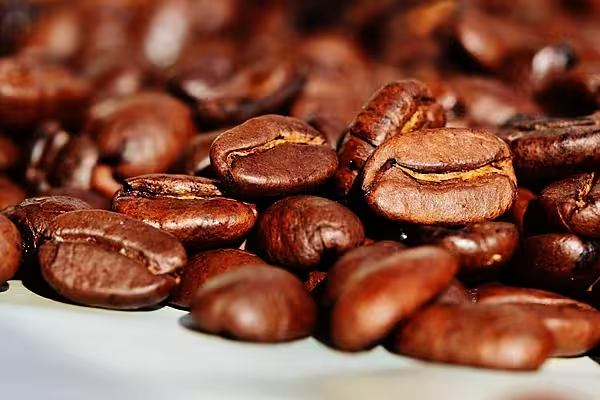Cooxupé, the world's largest coffee co-op and Brazil's number one exporter, cut its projection for 2021 coffee exports to 4.8 million bags from 6.5 million bags previously, saying shipping bottlenecks and a smaller crop are reducing export volumes.
Cooxupé's president Carlos Augusto Rodrigues de Melo said the company was about to use for the first time an alternative to containerized shipping, using 1,000 kg bags to put the coffee in dry bulk vessels.
"We will ship more than 100,000 bags that way. It is an option to dodge high container price and the lack of containers in the market," Melo told Reuters.
Coffee, as well as cocoa, cotton and refined sugar, are usually shipped using containers. But shortages of that type of equipment, along with reduced space in container vessels, are leading to alternatives such as the use of bulk ships.
Melo said the co-op would likely make other shipments using the so-called 'big bags.'
Read More: For Brazil Co-op, Price Of First Carbon-Neutral Coffee Is Sweet
Smaller Exports
Shipping hurdles, however, were not the only reason for smaller exports. The Cooxupé head said it was receiving around 2 million fewer bags of coffee from associated farmers due to a smaller crop.
Plus there are defaults. Many coffee farmers, in Brazil and abroad, are not complying with contracts to deliver coffee after prices jumped more than 60% this year.
Melo did not comment on that, but Cooxupé was one of the companies in Brazil suffering from farmer defaulting.
The co-op now projects to move 5.8 million bags of coffee in 2021, considering deals for both domestic and export markets, from a previous estimate of 7.2 million bags.
Looking ahead to the 2022 crop, Melo said the flowering and the conversion to fruit was not ideal. Trees have suffered during this year's drought, which has hurt their capacity to develop berries.
News by Reuters, edited by ESM. For more Supply Chain News, click here. Click subscribe to sign up to ESM: European Supermarket Magazine.











